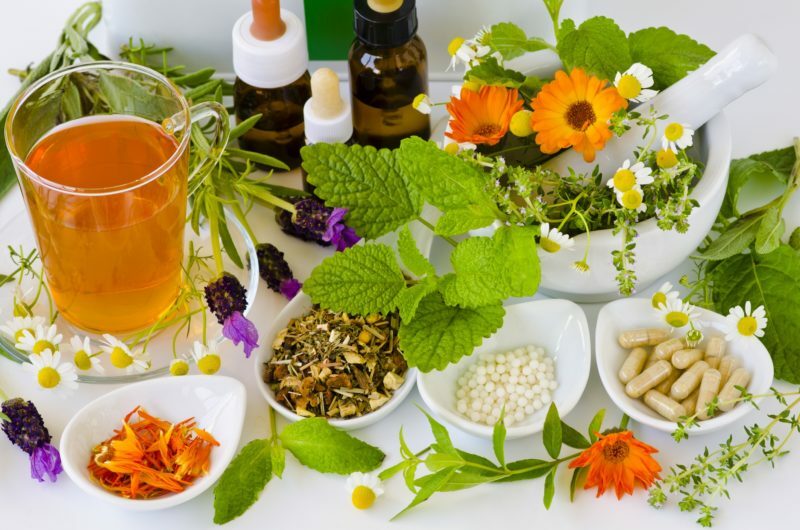Austin, TX—The American Botanical Council (ABC) announced the publication of the 9,000th HerbClip. This educational resource, which is for researchers, scientists, health professionals, industry members, and other interested parties, are two- to three-page summaries and critical reviews of scientific journal articles that focus on medicinal plant-related human clinical research ethnobotanical reviews, analytical methods, regulatory data, market information, conservation and sustainability studies, and more.
The database of more than 9,000 HerbClip article summaries is searchable by common and Latin names of herbs, author names, journal, and article titles, pharmacological actions, clinical endpoints, conditions, and more, ABC shared. Twice monthly, 16 new HerbClips and an HerbClip News article are produced, and at least four HerbClips from each bi-weekly installment are available to the public for free.
About HerbClip
ABC shared that, when available, HerbClips provide the trade name of the specific medicinal product on which a clinical study is based. This includes the name of the company that produced the product). HerbClips also include description of the tested material. Most HerbClip summaries and reviews are vetted by editors and peer reviewers before they are published to help ensure accuracy, ABC added.
ABC members at the Academic level and above can access the entire HerbClip database of 9,000-plus summaries on ABC’s website. ABC Sponsor Members and HerbClip Service Members also receive HerbClips via email and, when available, the PDF versions of the original articles on which they are based.
"ABC Members often share with me how much they appreciate HerbClip,” said Denise Meikel, ABC Director of Development, in a press release. “I’m told this invaluable resource makes research for R&D, claim substantiation, etc. much easier and it makes staying up to date on the latest literature less time consuming.”
The history of HerbClip
The first HerbClip was released in 1992, four years after ABC was founded. The nonprofit shared that, in those early days, ABC Founder and Executive Director Mark Blumenthal would designate relevant news and scientific articles to be photocopied and mailed to numerous friends and colleagues. The high cost of this lead Blumenthal to call on two friends in the herb industry—Jim Beck (1946–2021), founder and then-owner of Solar Herbs (now Solaray, a division of Nutraceutical Corp.), and Ken Murdock, then-president and owner of Nature’s Way—to see if they would be willing to pay for summaries of the latest herb research and related developments. Beck and Murdock agreed to support the efforts, as did other herb industry colleagues, and HerbClip became a permanent, funded ABC publication, evolving over the years to what they are today.
“HerbClip has uniquely documented the explosive growth in clinical research on medicinal plant formulations,” said Blumenthal, in a press release. “These days there are so many clinical research trials being published that we cannot keep up with the pace of publication. We now seldom produce HerbClip summaries and critical reviews on the thousands of studies that cover medicinal plant chemistry, toxicology, and pharmacological research each year—much of which is not always directly relevant to traditional and modern use of medicinal plants. Instead, we focus on human trials, making HerbClip a unique and invaluable resource.
“I remember well the day HerbClip was ‘born,’” Blumenthal shared. “I was meeting with Cecelia Thompson, ABC’s in-house accountant who covered accounts payable, and we were trying to figure out how to prioritize our bills, since we didn’t have enough funds on hand to pay all our bills at once—a typical problem for a small nonprofit organization (and many small businesses). This was before the birth of email and the World Wide Web; all our communications were done on paper. I asked her why we owed so much money for copier toner and she replied that in addition to our need for photocopies for normal business operations, ‘It’s all those articles you send to your friends!’ So, in effect, HerbClip was born in part out of scarcity and ABC’s creative, entrepreneurial response to a cash shortage.”
HerbClip Managing Editor Lori Glenn added, “In September 2022, I experienced the personal milestone of having been with the American Botanical Council for 20 years. As I begin year 21, it is a pleasure to experience a milestone for HerbClip—the publishing of our 9,000th HerbClip. I have been most fortunate to work with wonderful writers, consulting editors, co-workers, and peer reviewers over the years. As the managing editor, the wealth of diverse knowledge HerbClip provides has been very enriching on a personal level, and it is a privilege to provide accessible and concise information to HerbClip readers.”
Related: ABC 2021 Herb Market Report: Herbal Supplements in the U.S. Topped $12 Billion
Stefan Gafner, Ph.D., ABC Chief Science Officer, noted, “My first encounter with HerbClips was in the late 1990s during my time at Tom’s of Maine. We got the printed version and filed them according to the plant that was covered in the HerbClip, eventually filling up a number of file cabinets. Many of the HerbClip summaries were used to establish substantiation files for our dietary supplement ingredients. In addition, these documents were a really great way for me to keep up with the clinical literature on herbal products.”
Cindy Angerhofer, Ph.D., Executive Fellow of Botanical Research at Aveda, shared, “I have always read the ABC HerbClips with interest. Sometimes the articles are from journals that I already track for my daily work, but many times they are taken from sources that I am not routinely monitoring, so the HerbClip brings me new information. This service continues to be a valuable resource for the casual reader as well as the more seasoned professional or practitioner.”










